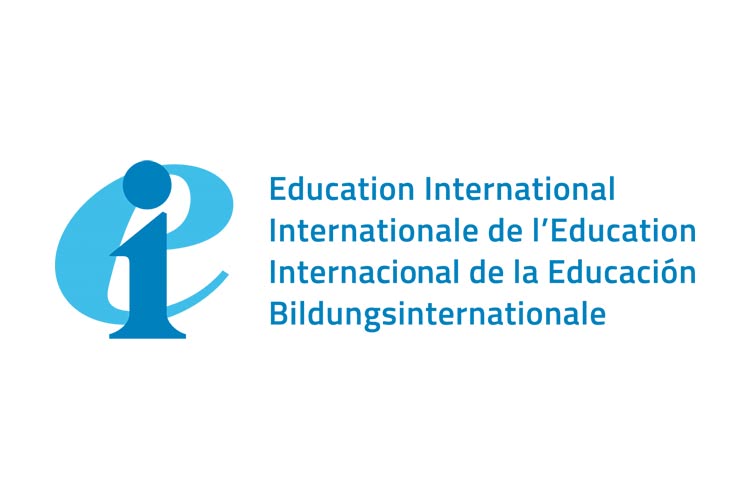UNESCO adopts international standards to promote adult and vocational education

The 38th Session of the General Conference of UNESCO has adopted revised standards to promote vocational education and training, adult education, as well as physical education and sport.
The General Conference, held in Paris, France, from 3 to 18 November, adopted a revised Recommendation concerning Technical and Vocational Education and Training (TVET). The new text is oriented towards life-long learning and ensuring that all youths and adults acquire knowledge, skills and competences for work and life. However, the Recommendation does not include specific funding commitments to achieve this goal.
Instead of committing governments to invest in TVET, the new text calls for diversified sources of funding and innovative funding mechanisms. This will no doubt lead to privatisation and commercialisation of TVET, thus putting it out of reach to the millions of young people and adults who need it.
While the revised Recommendation urges governments to develop policies and frameworks to ensure qualified, high-quality TVET staff with good working conditions, it is rather silent or vague concerning dialogue between TVET professionals, their unions and governments, which is a necessary means for achieving these targets.
Contributing to the debate on the TVET Recommendation, EI Senior Coordinator, Dennis Sinyolo, argued that the revised Recommendation would only succeed if governments integrated its provisions into national education and training policies, plans and legislation and provided adequate funding for its implementation.
“In line with existing international human rights treaties, Sustainable Development Goal 4 on Education and the Education 2030 Framework for Action, TVET at primary and secondary school level must be free, and made progressively free at tertiary level”, Sinyolo reminded governments.
He went on to urge governments to address the high levels of deprofessionalisation and casualization in the TVET sector. “The growing trend of hiring TVET professionals on short-term contracts threatens the quality of TVET programmes, and must be reversed as a matter of urgency”, he argued.
Sinyolo also called for the cross-border recognition of TVET and other qualifications; for governments to take concrete measures to protect and promote academic freedom and professional autonomy and to improve the working conditions of TVET professionals. “The salaries and working conditions of TVET staff should be attractive and no less than those of professionals with comparable qualifications in other sectors”, he said.
The General Conference also adopted a revised Recommendation on Adult Learning and Education, reaffirming the principle of lifelong learning and an International Charter on Physical Education and Sport, recognising the importance of sport for development and peace.
Finally, the governments also discussed implementation of the 1993 Recommendation on the Recognition of Studies and Qualifications in Higher Education, as well as regional normative instruments on cross-border recognition of qualifications. The conference also discussed the educational and training needs of refugees and the need for a mechanism to validate and recognise their qualifications.











Responses